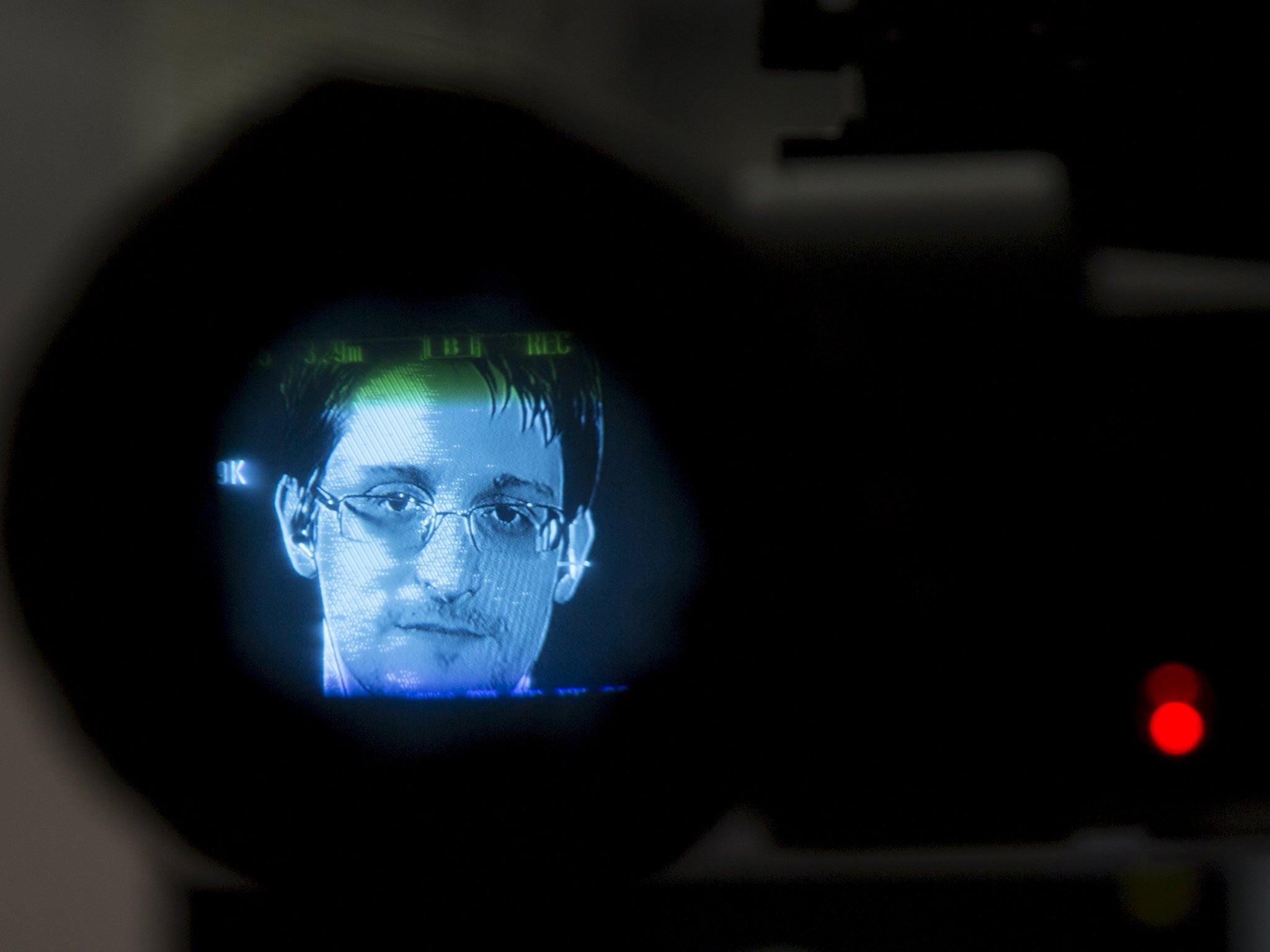The former CIA director is blaming millennials for the existence of leaks – but his ignorance is part of the problem
Treachery is not a new phenomenon that can be laid at the door of one particular generation


Millennials have had to get used to being characterised as lazy, selfish and narcissistic. Now this much maligned generation face the more serious accusation of being traitors to their country.
In the wake of this week's Wikileaks dump of top secret files, a former CIA director has broken cover to point the finger at the millennial generation for the growing trend in damaging security blunders.
"I don’t mean to judge them all," Michael Hayden told BBC2's Newsnight on Thursday, "But this group of millennials…simply have different understandings of the words loyalty, secrecy and transparency than my generation did."
Just so everyone is in no doubt who he is talking about, Hayden named Edward Snowden and Chelsea Manning as the worst cases of millennial treachery.
"So we bring these people into the agency – good Americans all, I can only assume – but again, culturally, they have different instincts than the people who made the decision to hire them and we may be running into this different cultural approach."
So has Hayden helpfully identified a glitch in the cultural makeup of the millennial generation or is he simply looking for a new scapegoat for an old problem?
In the digital age the skills of the professional gamer and amateur hacker have become highly prized assets among the CIA and GCHQ who actively recruit from the “geek” generation for their code breakers.
This is the reason why so many millennials work for internet companies like Google and Facebook or join hacking groups like Anonymous and Lulz – or even a whistleblowers' portal (such as Wikileaks).
But it is hardly the fault of the millennial generation that because hacking is a young person's game their talents are suddenly in demand.

The truth is treachery is not a new phenomenon that can be laid at the door of one particular generation.
Britain and America's history is littered with cases of young (and not so young) spies who have committed acts of treachery or whistleblowing (depending on your point of view) for all kinds of reasons.
Nevertheless, motives such as idealism and ideology do seem to have played a greater influence over younger spies.
Britain's most notorious gang of double agents, the Cambridge Spy Ring, were all twenty-somethings when they started passing on secrets to the Soviets in the 1930s and 1940s.
More recently David Shayler and Annie Machon, who blew the whistle on an MI5 plot to kill Colonel Gaddafi, were only in their late 20s when they first felt the stirrings of betrayal in the 1990s.
But it is not just twenty-somethings who commit acts of treachery. The most famous American double agent, responsible for the deaths of at least ten American agents, was well into his 40s when he started passing secrets to the KGB.
Aldrich Ames compromised more CIA "assets" than any other mole in history until Robert Hanssen's arrest seven years later in 2001. Hanssen, a career CIA officer, was 39 when he started his Soviet spying career.
Perhaps this shows that when it comes to treachery no generation is more culpable than any other.
What Hayden and the rest of his baby boomer generation forget is that in the age of the internet, secrets are much harder to keep while the tools of the whistleblower and the leaker are capable of causing catastrophic damage.
The security services in the UK and America have sophisticated vetting procedures which are supposed to spot high-minded young men and women who might one day put principle before country.
But history shows us that no system of secrecy is perfect. Demonising a new generation for one of the oldest sins of all is a desperate attempt to avoid confronting the urgent problem of protecting state secrets in a digital age.
Robert Verkaik is the author of "Jihadi John, the Making of a Terrorist"
Join our commenting forum
Join thought-provoking conversations, follow other Independent readers and see their replies
Comments
Bookmark popover
Removed from bookmarks